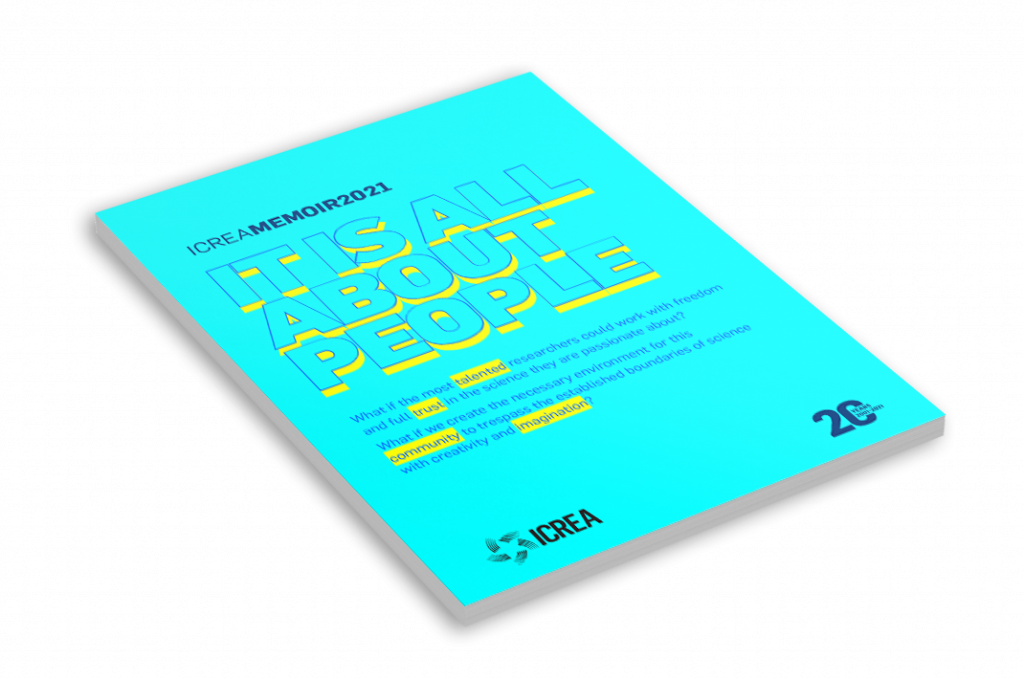Mario Giampietro (ICREA at ICTA-UAB))
Community Events
93rd ICREA Colloquium – WEBINAR
Why sustainability science endorses fairy tales and policy legends?
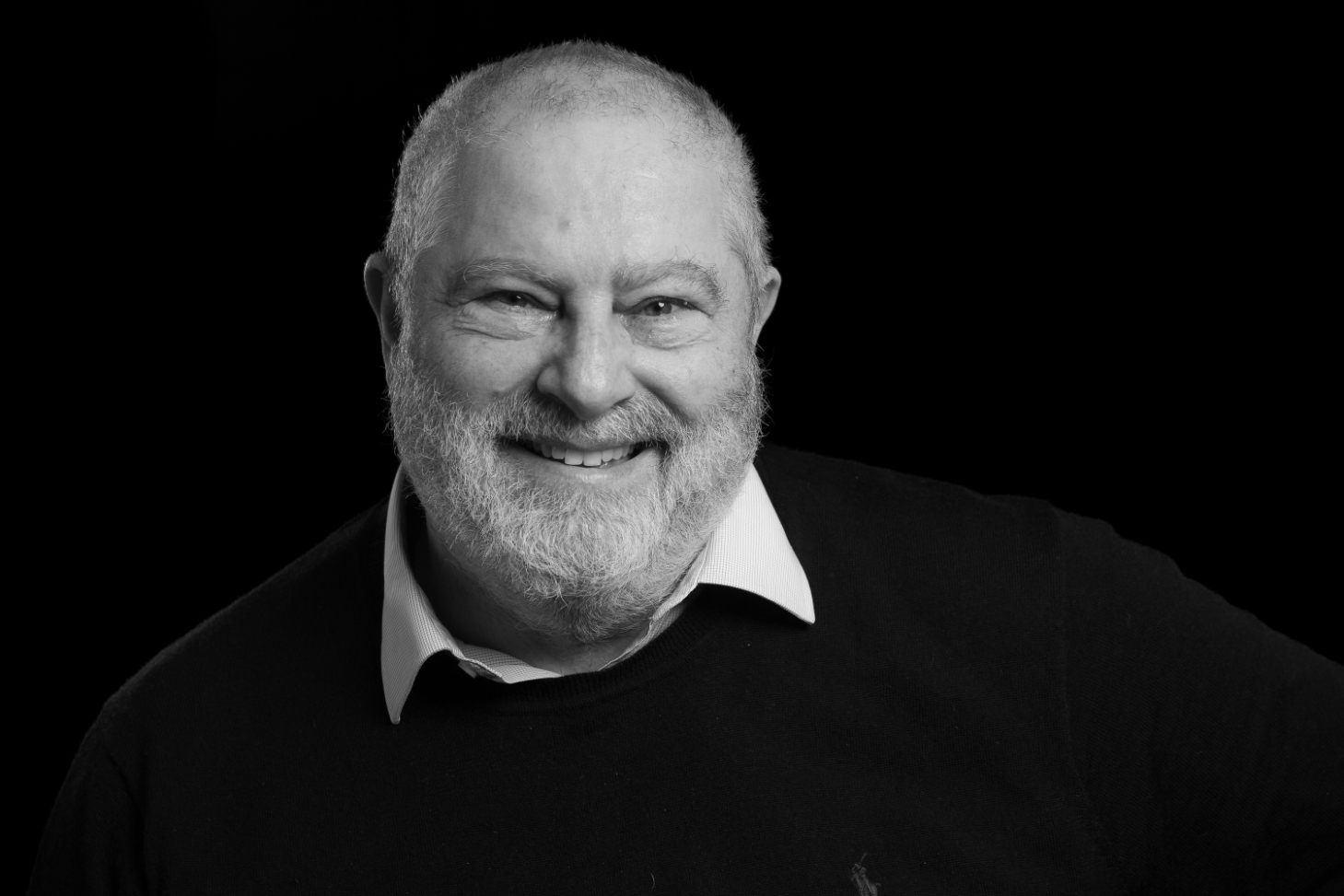
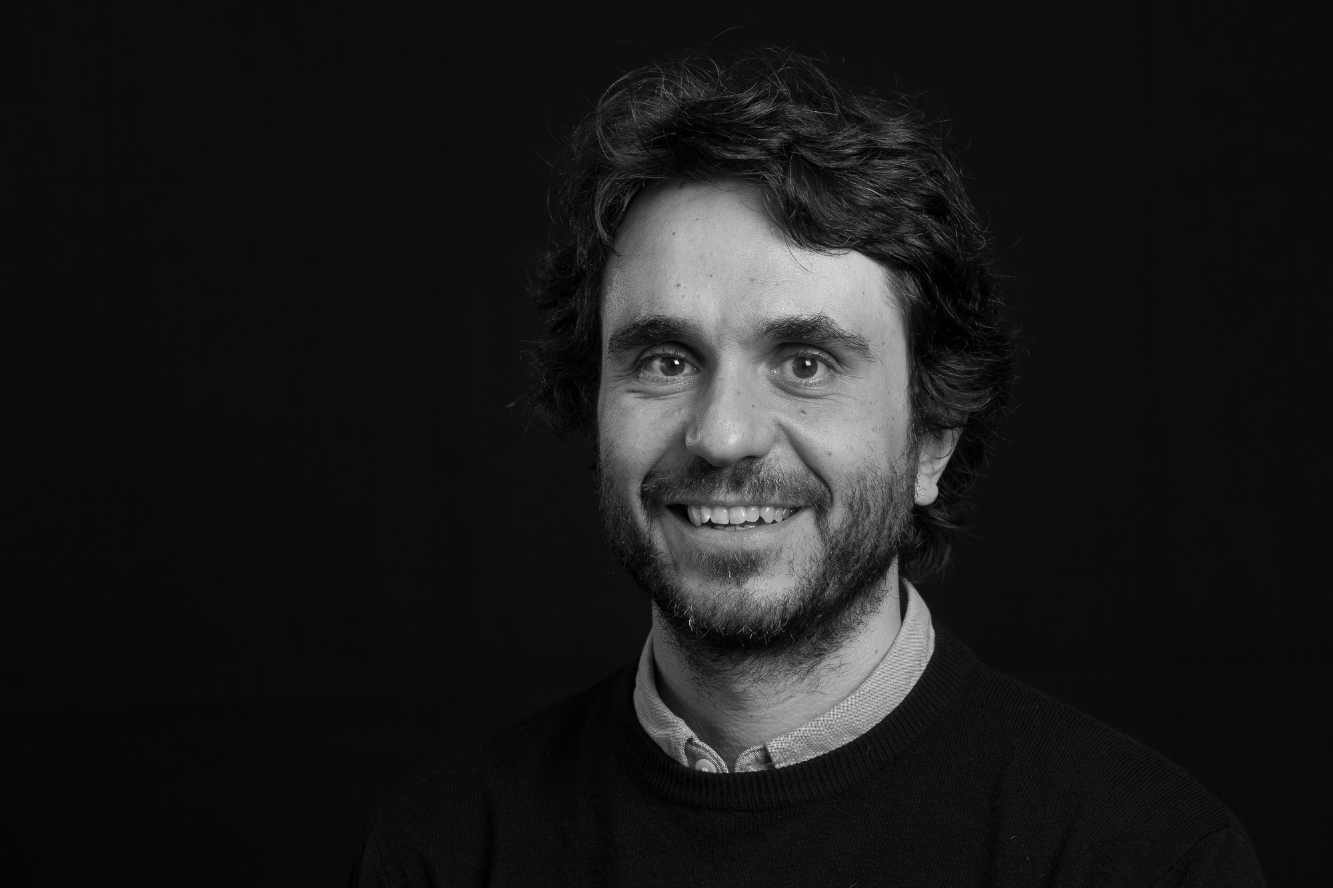
Giorgos Kallis (ICREA at ICTA-UAB)
Mario Giampietro
The Uncomfortable Knowledge Hub is one of the results of a 4-year EU project (http://magic-nexus.eu/) having the goal of checking the robustness of the narratives used by the European Commission to frame and solve sustainability problems. The UKH flags the blunder of using “scientific evidence” to inform policy. At the moment the proposed efficient environmentally friendly innovations for a circular bioeconomy, a quick decarbonization of the economy, a more sustainable CAP, are based on policy legends (socio-technical imaginaries).
* Giampietro M & Funtowicz SO 2020, ‘From elite folk science to the policy legend of the circular economy‘, Environmental Science & Policy, vol. 109, pp 64-72.
Giorgos Kallis
One of the prevalent policy legends in climate and environmental policy is that green growth is possible – i.e. continuous economic growth is not only compatible with, but also necessary for, sustainability. However, when looking at the latest data on resource use and carbon emissions empirical records disprove the knowledge claim about the possibility of absolute decoupling (separating GDP growth from environmental damage). Addressing sustainability challenges requires going beyond ‘fairy tales of growth’ where technology and markets will solve soon and smoothly all environmental problems. This strategy avoids the need of grappling with the tough social and institutional changes at stake.
* Hickel J & Kallis G 2019 ‘Is Green Growth Possible?’ New Political Economy 25(7576):1-18
The reflection from the colloquium: the social construction of ignorance
How is it possible that young scientists cannot say in public that the circular economy is absurd since it goes against the principle of thermodynamics (complex adaptive systems must be open)? How is it possible that sobering stories – “Houston we have a problem” – trying to identify the real nature of sustainability problems are getting neither attention nor funding?
* Steve Rayner, 2012. Uncomfortable knowledge: the social construction of ignorance in science and environmental policy discourses. Economy and Society 41(1): 107-125.
94th ICREA Colloquium – WEBINAR
Chasing targets for cancer therapy: from basic research to spin-off
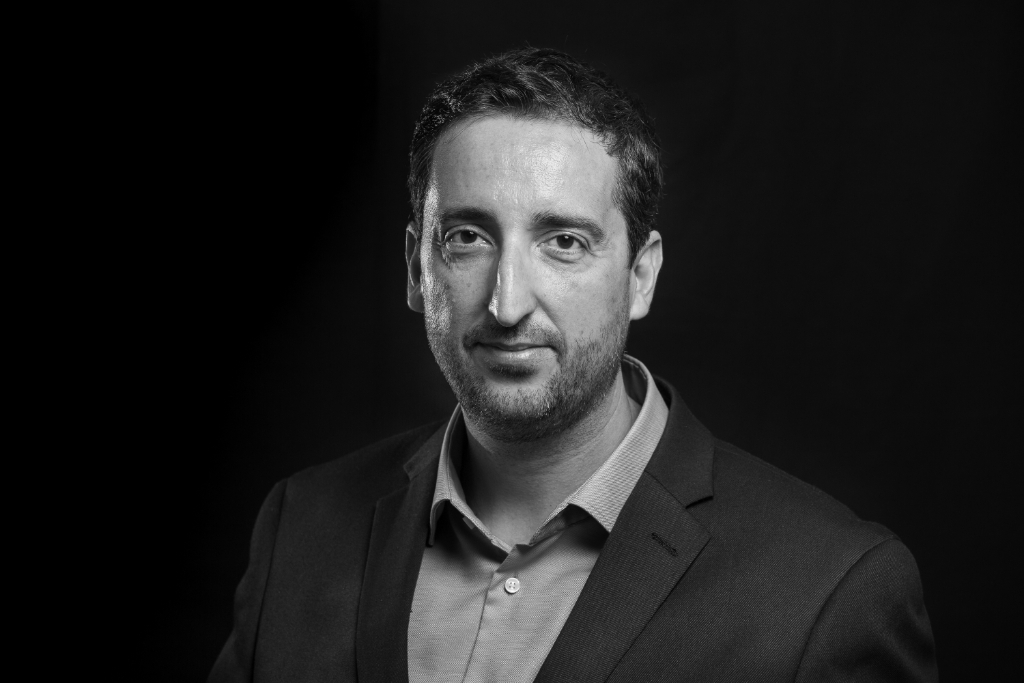
Xavier Costa (ICREA at i2CAT)
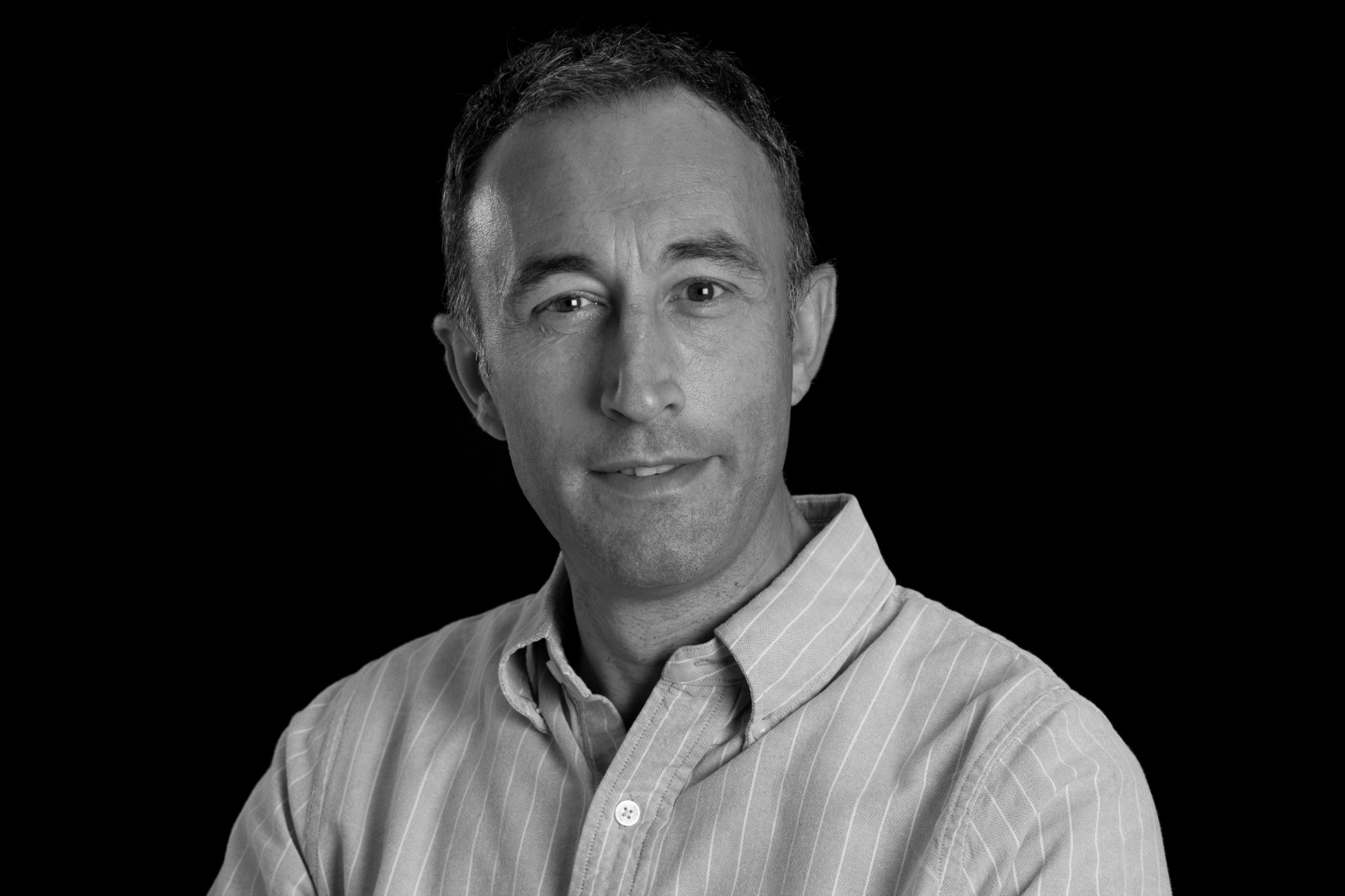
Valerio Pruneri (ICREA at ICFO)
Xavier Costa
In this talk were reviewed emerging disruptive technologies expected to shape future 6G networks. Several topics were covered comprising, AI-driven automation for industry verticals, O-RAN network disaggregation, smart surfaces and wireless sensing. Early research results were presented on these topics along with major joint academia-industry efforts in large-scale projects.
Valerio Pruneri
Modern communication relies on display and secure information. Dr. Pruneri showed some examples of projects for the industry leveraging fundamental principles of optical surfaces and quantum physics.
95th ICREA Colloquium – WEBINAR
For more and Better Science. Big and Small Data Governance, Management & Sharing
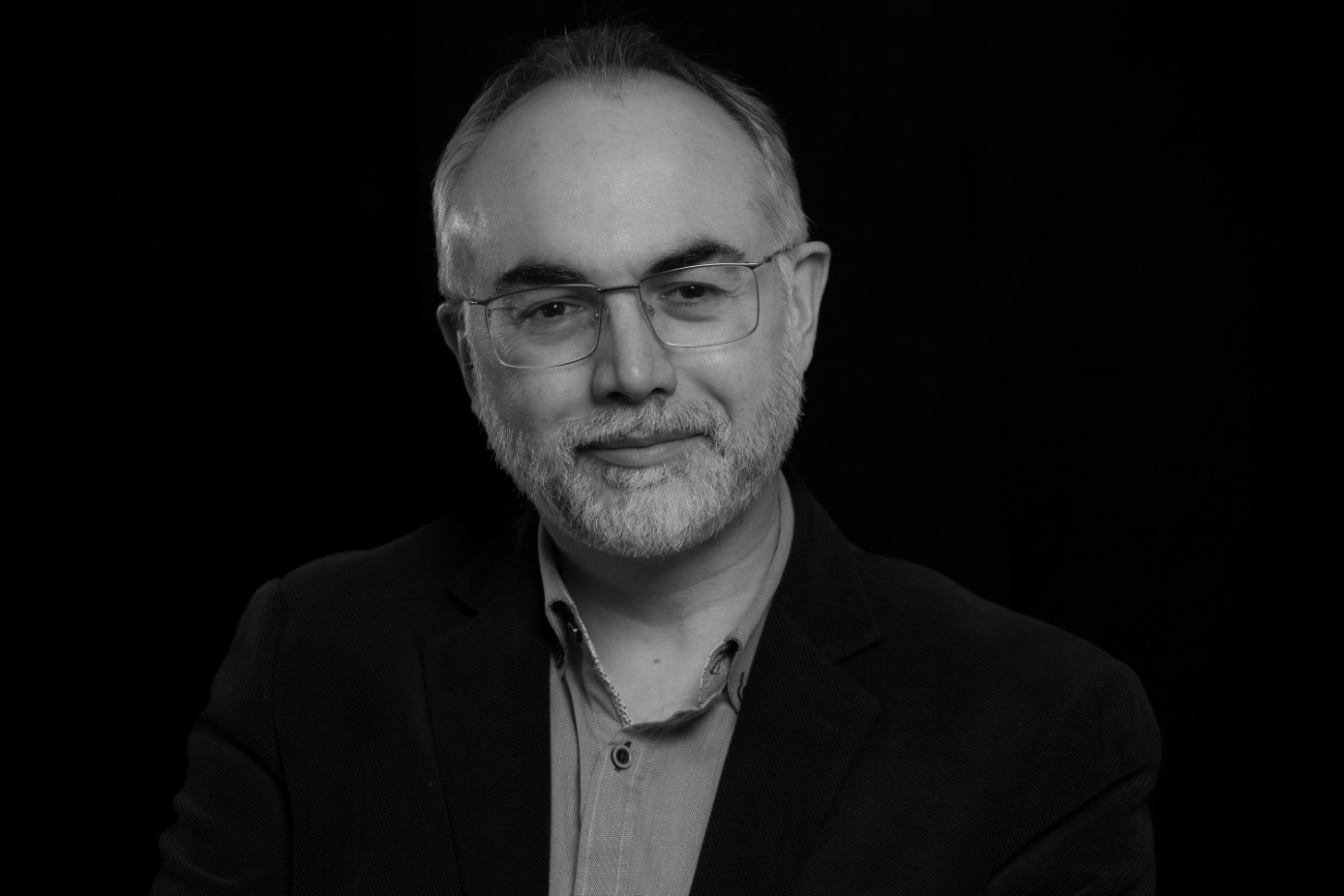
Arcadi Navarro (ICREA at UPF & CRG)
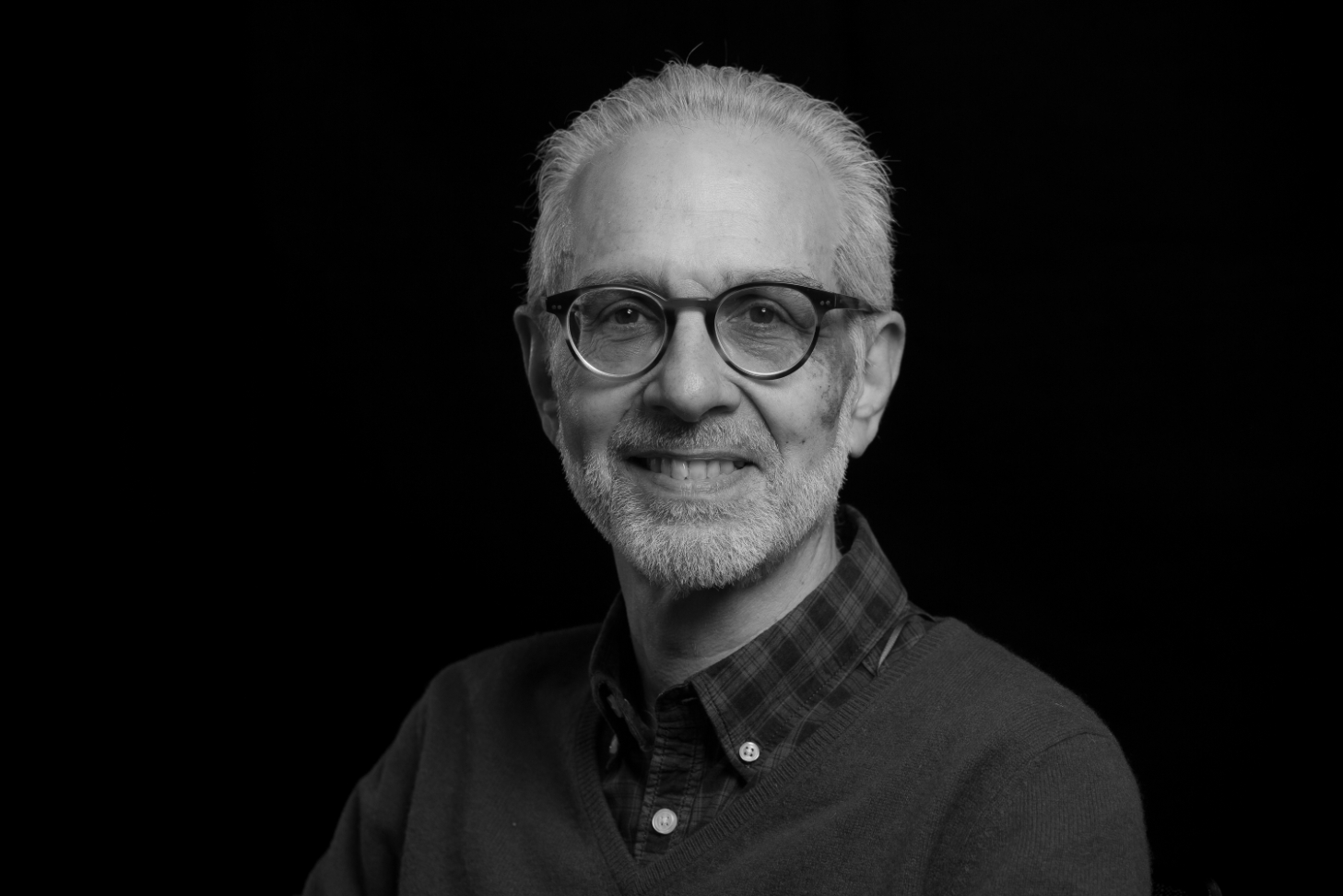
Antonio Vidal (ICREA at URV)
Modern science requires data sharing in order to make accelerate progress. The COVID-19 crisis has painfully demonstrated the critical value of open data and open science for scientific discovery, particularly when time is of the utmost importance.
To ensure that open science and data sharing become standard, the scientific community, and society at large, need to find delicate balances between at least two human rights: the right to participate in science (Article 27 of the Universal Declaration of Human Rights) and the right to privacy (Article 12). So we have to work hard to remove barriers that restrain effective data sharing, ensuring that this is done according to extant legislation (for instance, GDPR in the EU) and bearing all human rights in mind.
In this session it was discused several on-going initiatives that are trying to take as much data as possible out of institutional or jurisdiction silos and store it into an open, connected and FAIR (Findable, Accessible, Interoperable and Reusable) environments, illustrating this world-wide effort with examples from genomics, anthropology and healthcare.
96th ICREA Colloquium – WEBINAR
Black holes
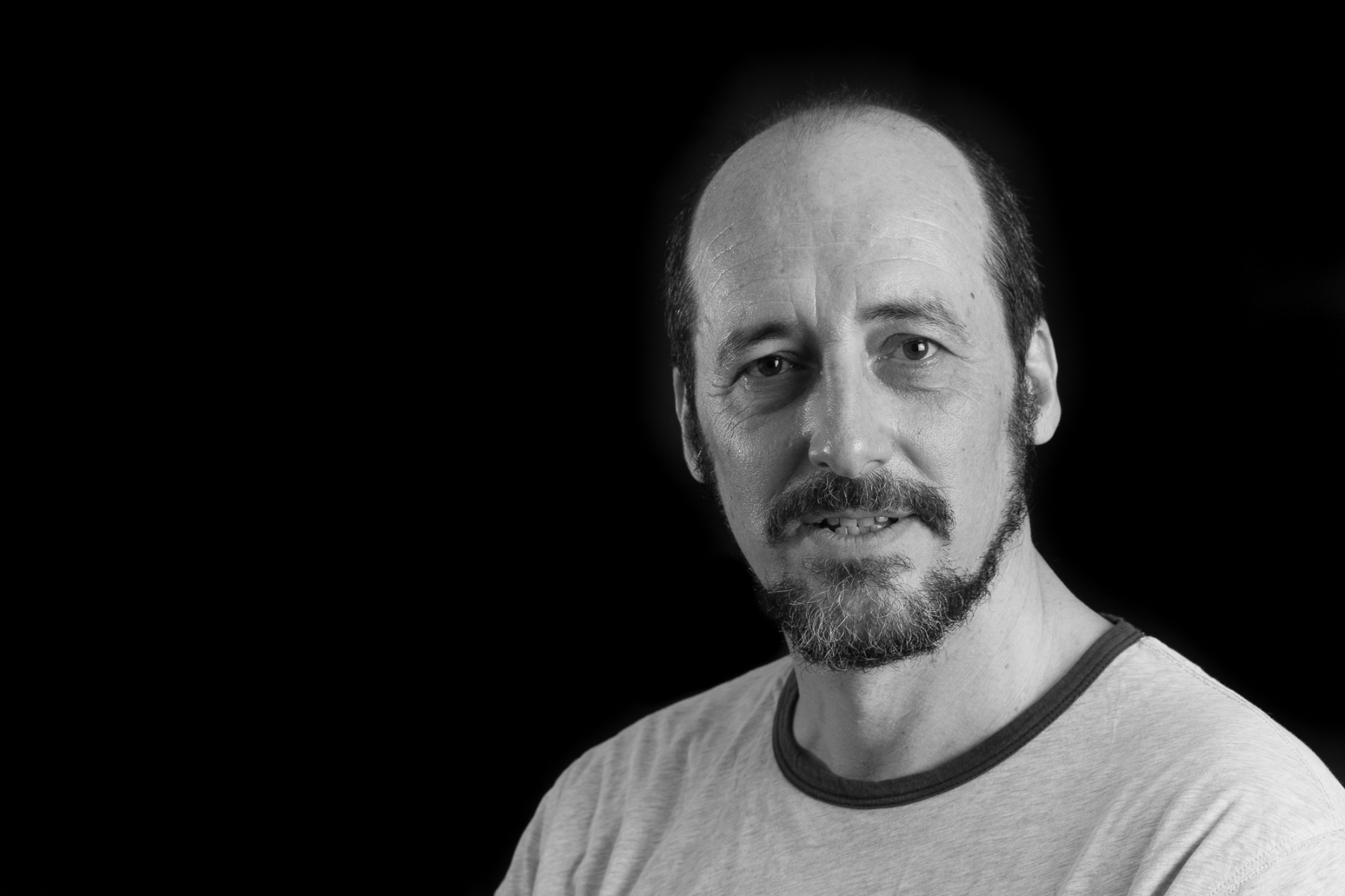
Roberto Emparan (ICREA at ICCUB)
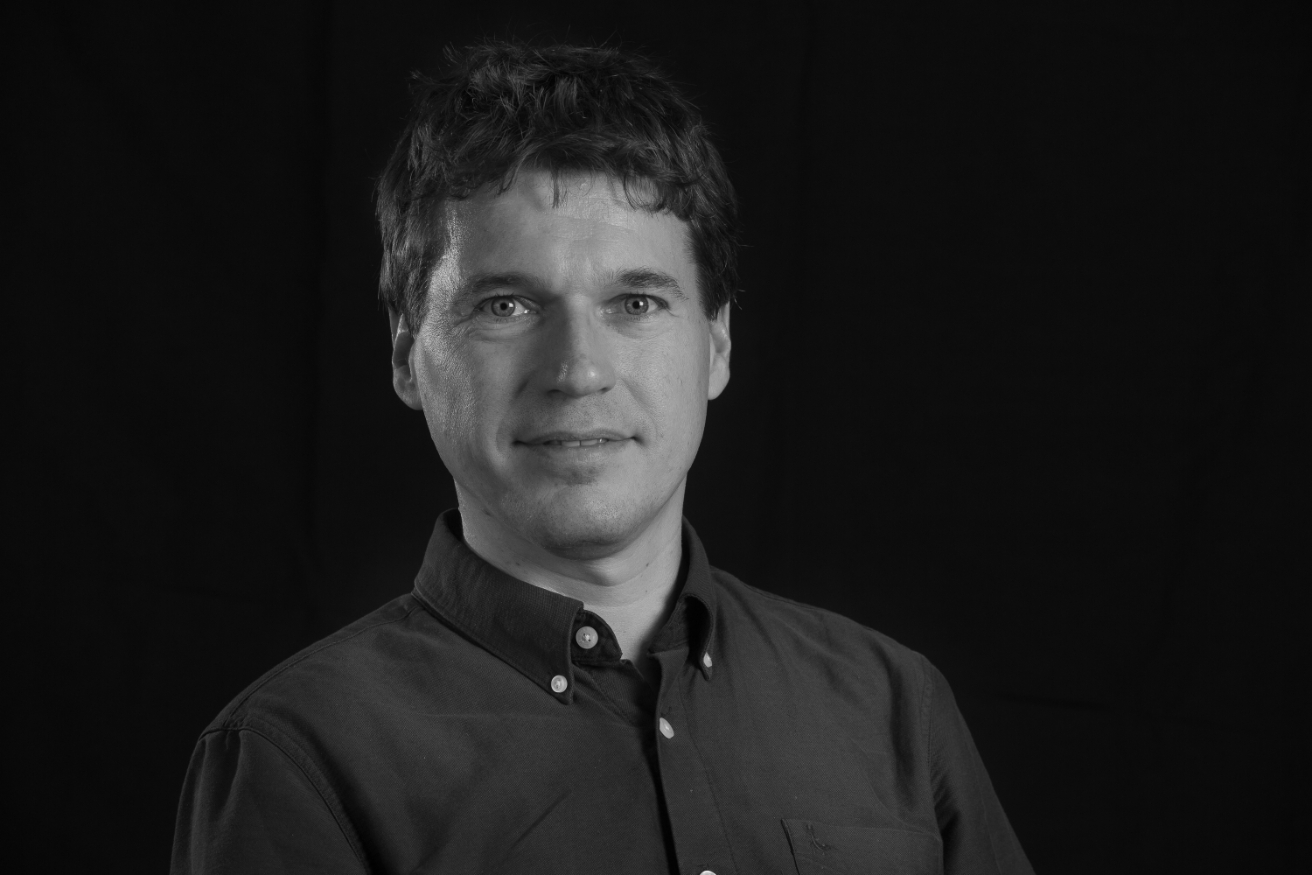
Mark Gieles (ICREA at ICCUB)
Roberto Emparan
‘Love, echoes, and shadows: Tell-tale signs of a true black hole’
Black holes have been unambiguously proven to exist – or have they? Can we tell them apart from possible compact, dark impostors? Measurements of their so-called Love numbers, the presence of echoes in the gravitational wave signals, or details of their shadows in images, among other probes, might reveal whether we are actually observing the astonishing objects predicted by Einstein’s theory – or something else entirely’.
Mark Gieles
‘Black holes in star clusters as gravitational wave sources’
More than a billion years ago, two black holes spiralled in and collided, sending gravitational waves into the Universe at the speed of light. These were eventually detected on Earth in September 2015 by the laster interferometer gravitational-wave observatory (LIGO). This was the discovery of gravitational waves and confirmed a century-old prediction by Einstein’s theory of general theory and opened a new window on our Universe. Apart from its theoretical importance and technological accomplishment, the detection raised numerous astrophysical questions. Most importantly: how do these binary black holes form? Since the discovery, an additional 50 gravitational wave signals of colliding compact objects have been detected, mostly consisting of binary black holes and several involving neutron stars. We are now in the position to compare predictions of models of binary black hole formation to gravitational wave data and in this talk Dr. Gieles attempted to provide an overview of the current state of affairs. He focused in particular on the model in which binary black holes form in gravitational interactions in dense stellar clusters.
97th ICREA Colloquium – WEBINAR
COVID-19 and children: Understanding child-derived transmission to design re-schooling recommendations

Quique Bassat (ICREA at ISGlobal)
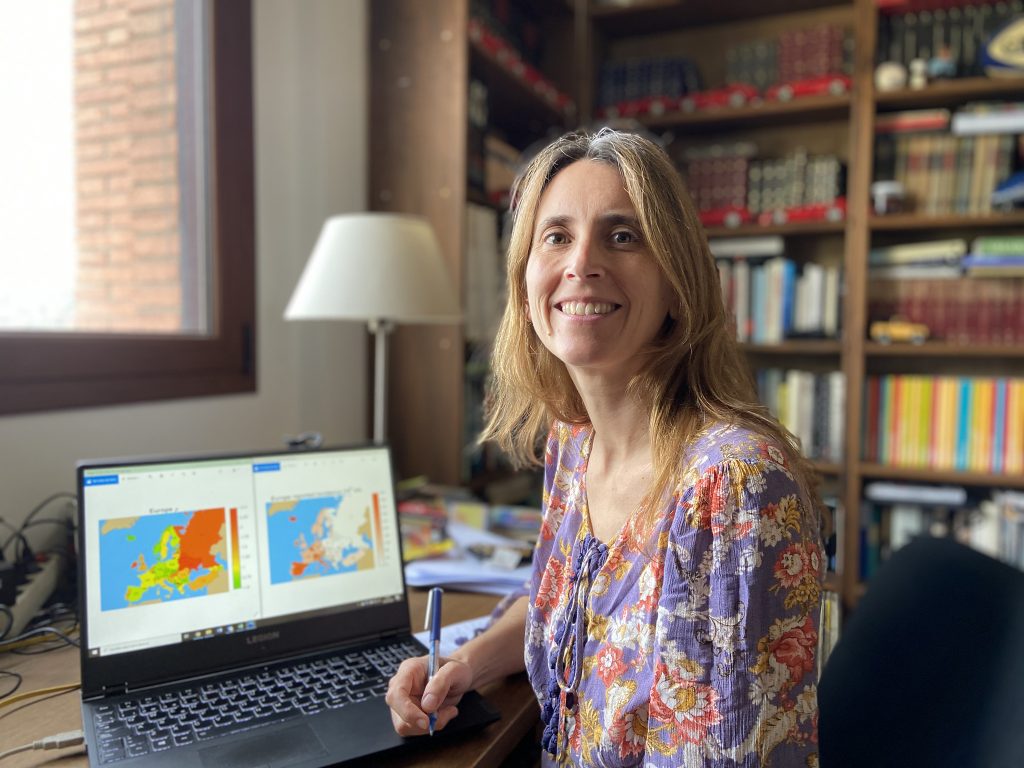
Clara Prats (Professor at UPC)
The COVID-19 pandemic has affected very mildly children and teenagers, with -fortunately- very little severe disease and deaths. However, the indirect consequences of the pandemic have been extraordinarily harsh for the youngest ones, having suffered the strictest and longest lockdown, something that has led to educational challenges and in many cases profound mental health consequences. One of the reasons for such an unequal treatment of children lies on the initial belief (no longer valid) that children could act as superspreaders of the virus, as it occurs with other respiratory viruses.
In this talk, Clara Prats (physicist and modeler of infectious diseases) and Quique Bassat (pediatrician and epidemiologist) dialogued regarding the research that was needed to assess and evaluate transmission to and from children, and the role kids have played during this pandemic. The also debated on whether vaccination of younger children was needed, in the former epidemiological context, and when they thought masks and other preventive measures could be relaxed in schools (and elsewhere).
